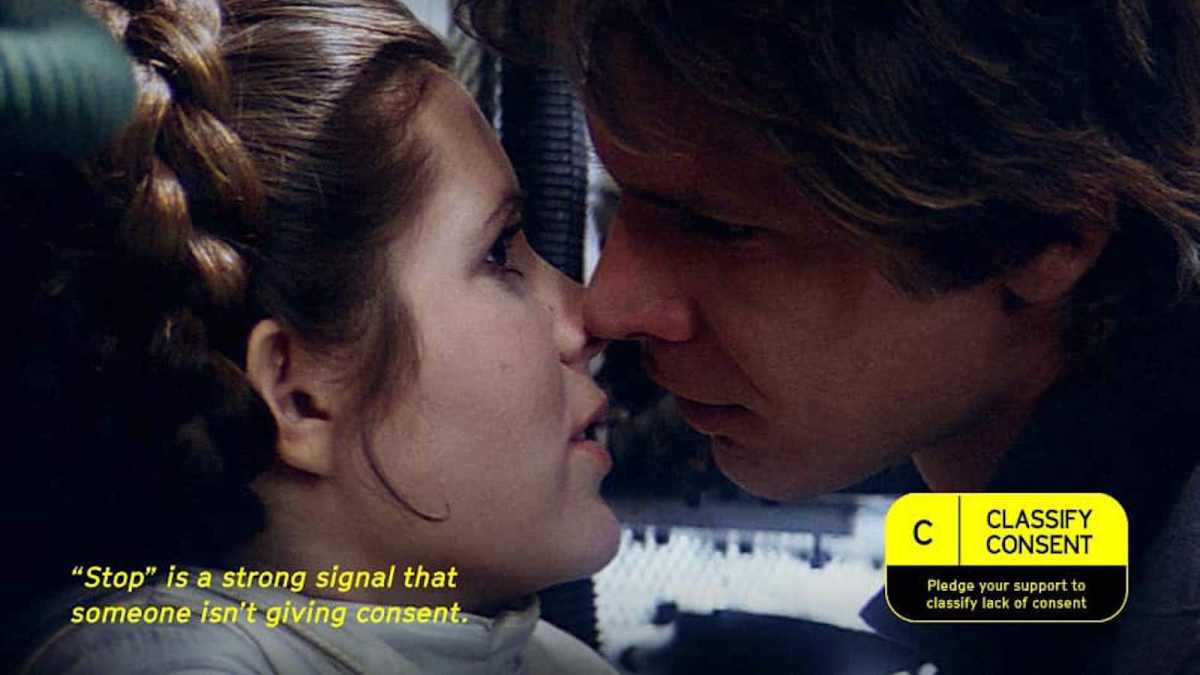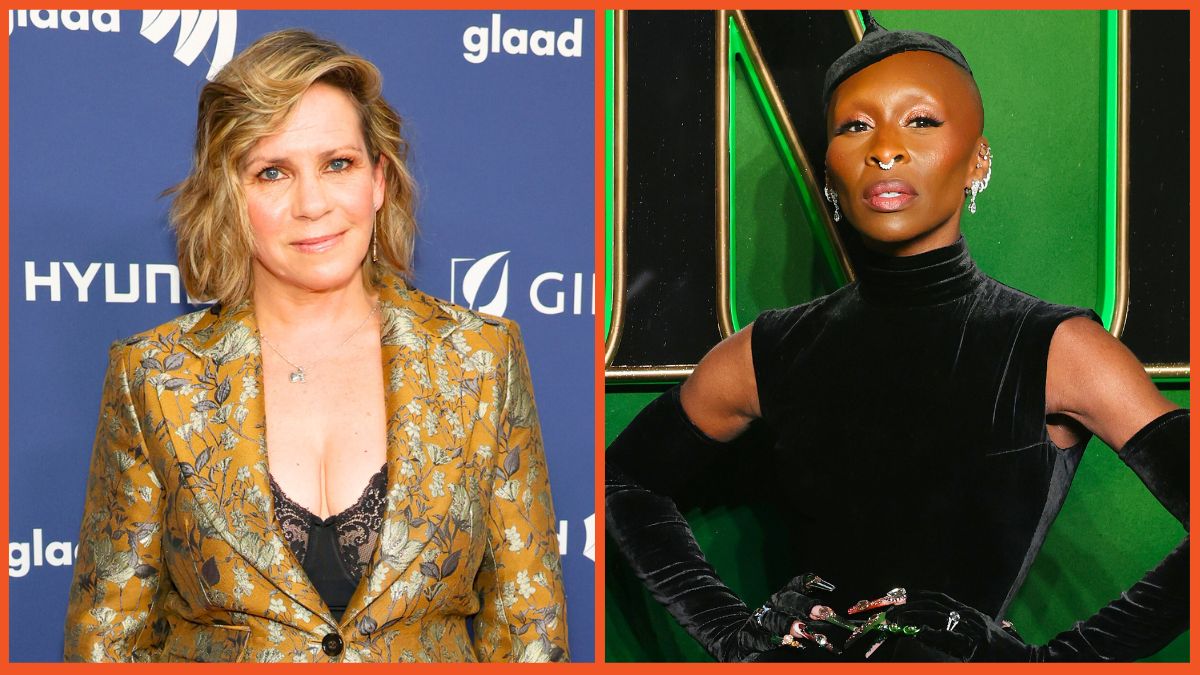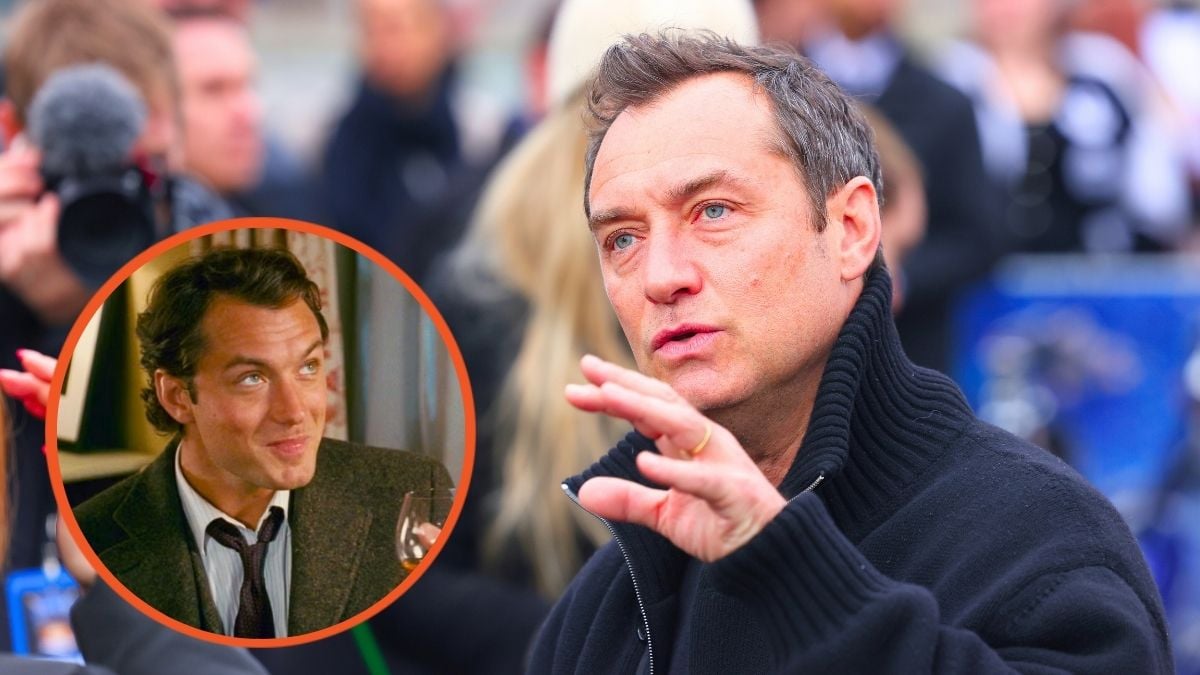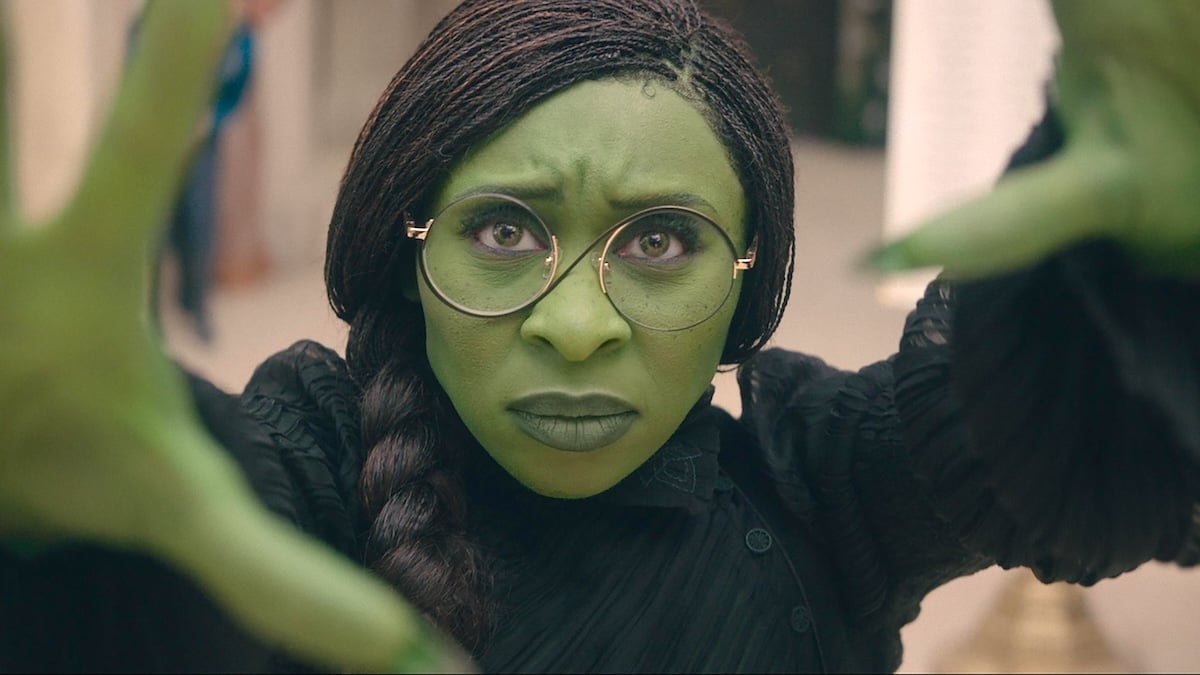Ever since the rise of the #MeToo movement, people have campaigned for better education about consent, whether it is in the Hollywood industry, our workplace, and even our schools. And while there is some government action to address these issues, activists believe that maybe the best way to educate consent is through our consumption of media.
A campaign started in Australia called the #ClassifyConsent. The idea, just like the country’s media classification guidelines as to whether or not the program is appropriate for children, this system would classify whether or not this piece of media lacks consent or not. From children’s films such as Sleeping Beauty to TV shows such as Bridgeton, a small label would appear that will indicate if this piece of media is “consensual or not”.
The not-for-profit organization, Consent Labs, spoke to SBS Australia about this campaign. It believes that the media has “normalized” and “romanticized” non-consensual advances and that this system could help educate young people.
“Pretty much in every single rom-com ever, one person is pursuing and the other person’s playing ‘hard to get’. They might even have vocalised a ‘no’ or they might look physically frightened or turned off, but the other person’s still pursuing a sexual act like a kiss.
“In the background, there’s often romantic music playing, and then it turns into a really passionate sex scene.
“The lack of consent is very much glossed over and completely romanticised.”
According to the Consent Labs website, 3 in 5 Australians are unable to recognize non-consensual acts on screen, and this campaign would push for better education and reduce cases of sexual harassment and assault.
“This classification isn’t about canceling or censoring content that we watch. It’s about informing audiences just like any other classification would. All we want this classification to achieve is for audiences to recognize lack of consent on this screens and apply that to their own lives”
Ever since 2021, there has been a push in Australia to have better education on sexual consent. A campaign called “teach us consent” was formed to teach other young teenagers that it is okay to say no when pressured into doing something. Since then, affirmative consent was written into law in some states, and schools are now required to teach appropriate consent education starting in year 10.
As of right now, Australia’s classification board has not made any comments about adding this new classification label. However, adding a new classification label isn’t difficult. Back in 2012, the Australian Classification Board approved the R18+ rating as games like Mortal Combat were not allowed to be sold on Australian shelves. Perhaps if people wanted it, official consent classifications could become a real thing in Australia as long it had the right support.





Published: Sep 8, 2022 02:02 am